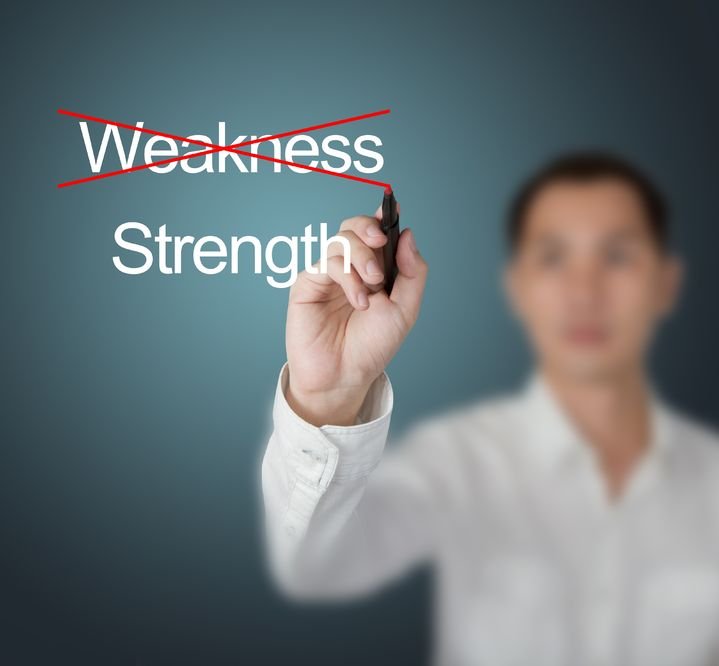Interviews are one of the obstacles you will need to overcome when trying to obtain your dream job.
Simply making it to this stage proves that a company has a potential interest in you as a candidate, so never squander this opportunity by not preparing yourself properly.
While you will most certainly need to focus heavily on prep for industry/company specific questions, you should never ignore the preparation for more common questions an interviewer will be sure to bring up.
One of these common questions is “What are your weaknesses?” and knowing the answer to it is important. Due to how common this question is, you can be almost certain that you will have it asked of you.
Knowing how to effectively and attractively answer this question in a way that makes you look like a strong candidate is essential to nailing the interview. Thankfully, here are three types of approaches you can base your response on, to ensure a home run:
1) Talk About A Challenge You Overcame
This question provides you with a great opportunity to sell yourself as someone who can deal with setbacks and take the proper initiative to solve problems. Think back to a previous employee experience where you helped deal with an obstacle that came about due to a weakness, but that you were ultimately able to solve.
Example Answer: “Once I took off more than I could chew at my engineering internship. While I nearly let myself become overwhelmed to the point of no return, I eventually got into contact with a boss and arranged to share the workload with a fellow intern. This showed that I was honest, realistic, and dedicated to ensuring the quality of my work. The project turned out much better than it would have if I had simply tried to manage the situation in a less effective manner.”
Ending this question by associating yourself with a positive quality is useful, as it shows you can be realistic within a team environment and can realize your faults to an advantage.
Never deny having weaknesses
Trying to build yourself as having no limitations will only make you look foolish and as if you are adverse to progress in your skills. Employees will often need to go through difficult training or adjustment periods, and answering this question in a way that suggests you have no weaknesses might make the interviewer assume you are resistant to further development and workplace training.
2) Highlight a Skill You are Still Working On
Take this opportunity to present a skill you have not yet mastered, but are working on adding to your utility belt.
Choosing an industry specific skill for this answer is the best way to approach the question. Approaching the question this way shows that you understand your current limitations but are constantly working to overcome them in a realistic and dedicated manner.
Example Answer: “While studying video editing I was mainly focused on classical cutting styles, so I did not put as much time in learning side skills like VFX creation. However, since graduating I have been working on self-teaching these skills, and they have proven very useful in tasks I never realized would be relevant to the programs!”
Avoid Saying that You’re a “Perfectionist”
Saying that you are a “perfectionist” or that you “work too hard” shows that you are avoiding the question altogether and not giving a sincere and thoughtful response. Talking about improvements you have been able to make, and having a bit of humility, will ultimately provide a much better answer for a job interview.
3) Talk About a Weakness that Doesn’t Affect Your Ability to Perform the Job
Find a weakness that does not present a major barrier to success in the position you are seeking.
For example, if you were looking to enter a Junior Copywriter position at an ad firm, you could speak about your how to want to improve your ability to ask/get other people to do some work.
Since you are joining at a relatively junior position this will not affect your chances too much, but you should also add in a comment that shows you are eager to learn to improve in that area by watching your superiors.
Example Answer: “I have no experience communicating orders and tasks to people in a lower position than I am, but I am excited to get the opportunity to learn these skills from talented head copywriters at this company!”
Effectively and honestly communicating your weaknesses to your interviewer shows that you have the ability to self-improve in your potential new position.
Ultimately, this quality will prove attractive to a potential employer, and the job interview question “What are your weaknesses,” will provide a cue for you to show them your worth.

